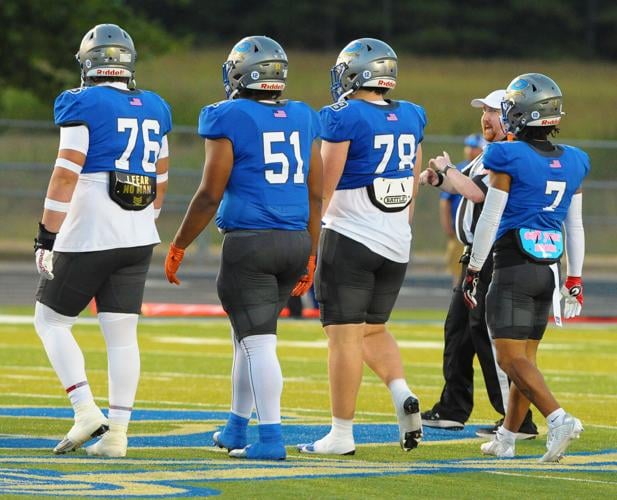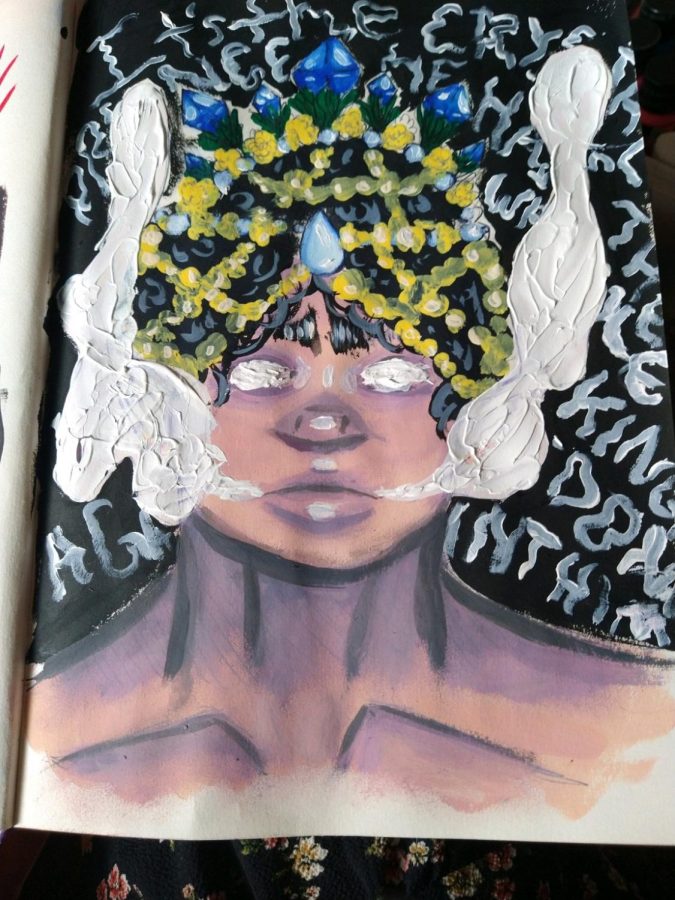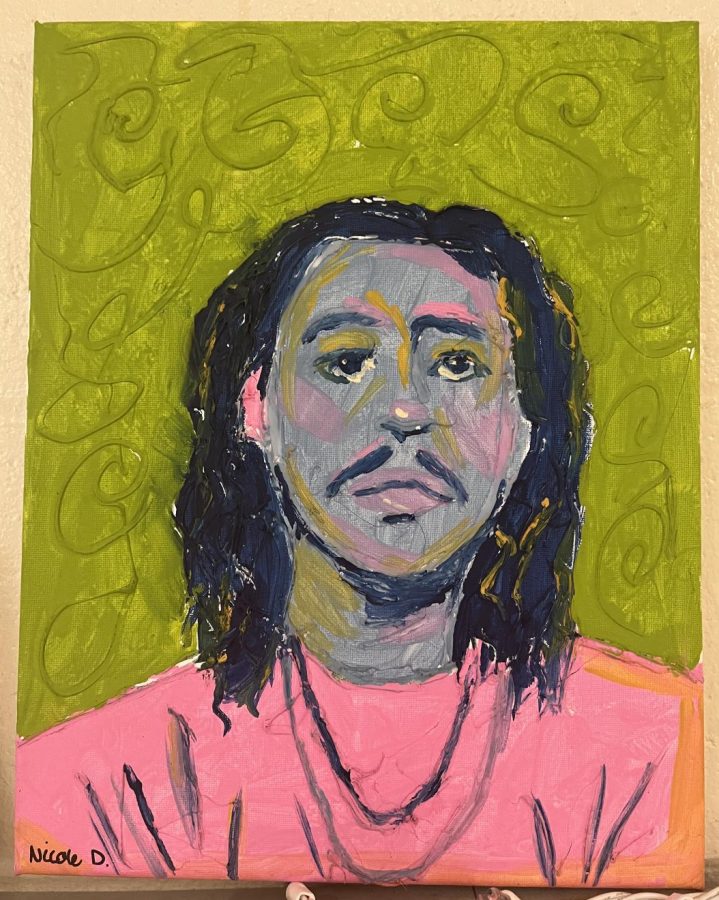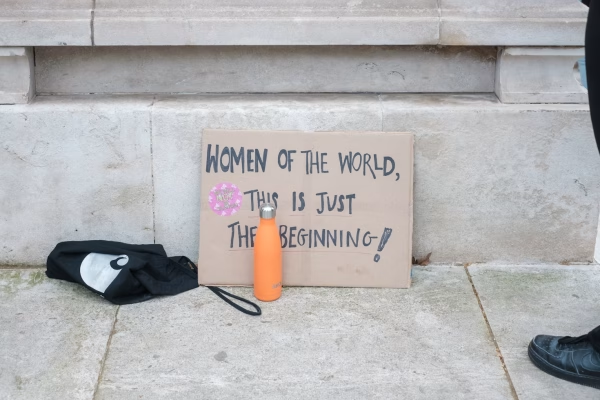The Origins of Black History Month
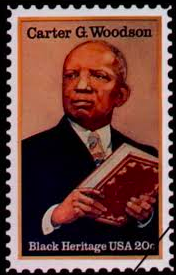
While one can celebrate the contributions that African Americans have made to the betterment of our society any day; however, each February, America focuses on recognizing African Americans who not only achieved greatness but who also fought for each person’s civil rights. The most important person in the creation of this celebration is Carter G. Woodson. Woodson was a black man born in 1875 in Virginia. He was the second black man in history to receive a doctorate from Harvard, second only to W.E.B. DuBois. Often referred to as the “Father of Black History,” he was the main proponent for establishing a holiday solely for the African American race. In 1915, Woodson attended a national event in Chicago, Illinois, celebrating fifty years since the emancipation of millions of slaves. Woodson, moved by the large crowd of between six and twelve thousand African Americans coming together, set forth a plan to create an organization promoting black history. With the help of A. L. Jackson and others, Woodson formed the Association for the Study of Negro Life and History (ASNLH).
Ten years later, in 1925, the Association established Negro History Week in February. It is said that he chose the specific month of February to celebrate Abraham Lincoln and Frederick Douglass’ birthdays, born on the 12th and 14th respectively. Blackpast.org writes that black communities celebrated both birthdays before the establishment of the week, and Woodson felt that placing the week-long celebration in February would help commemorate these traditions. “He was asking the public to extend their study of black history, not to create a new tradition,” the page explains. Despite him choosing February in honor of the celebrations, that was not what he intended the week to represent. He wanted it to embody the African American race and its achievements as a whole, rather than just a few outstanding men.
Woodson and other members of the ASNLH “lobbied schools and organizations to participate in a special program to encourage the study of African American History…with Negro History Week,” writes biography.com. The reactions he received far surpassed his expectations. Black History Clubs began popping up in schools across the nation, asking for lesson plans and materials to teach with. Woodson and the ASNLH, backed by progressive white endorsers, provided “pictures, lessons for teachers, plays for historical performances, and posters of important dates and people” states blackpast.org. Mayors issued declarations of Black History Week, and the ASNLH established branches across the country.
This rapid progress continued through the 40s and 50s, in which states such as West Virginia, where Woodson often gave speeches, began celebrating the entire month of February as “Negro History Month.” In the 60s, Frederick H. Hammaurabi, an activist, encouraged black students on college campuses to combine “African consciousness with the study of the black past,” according to the webpage The History of Black History Month.
Though Woodson’s efforts combined with Hammaurabi’s, by the mid-1970s, every president, no matter the political party, has made a proclamation regarding Black History Month and the Association’s annual theme.







